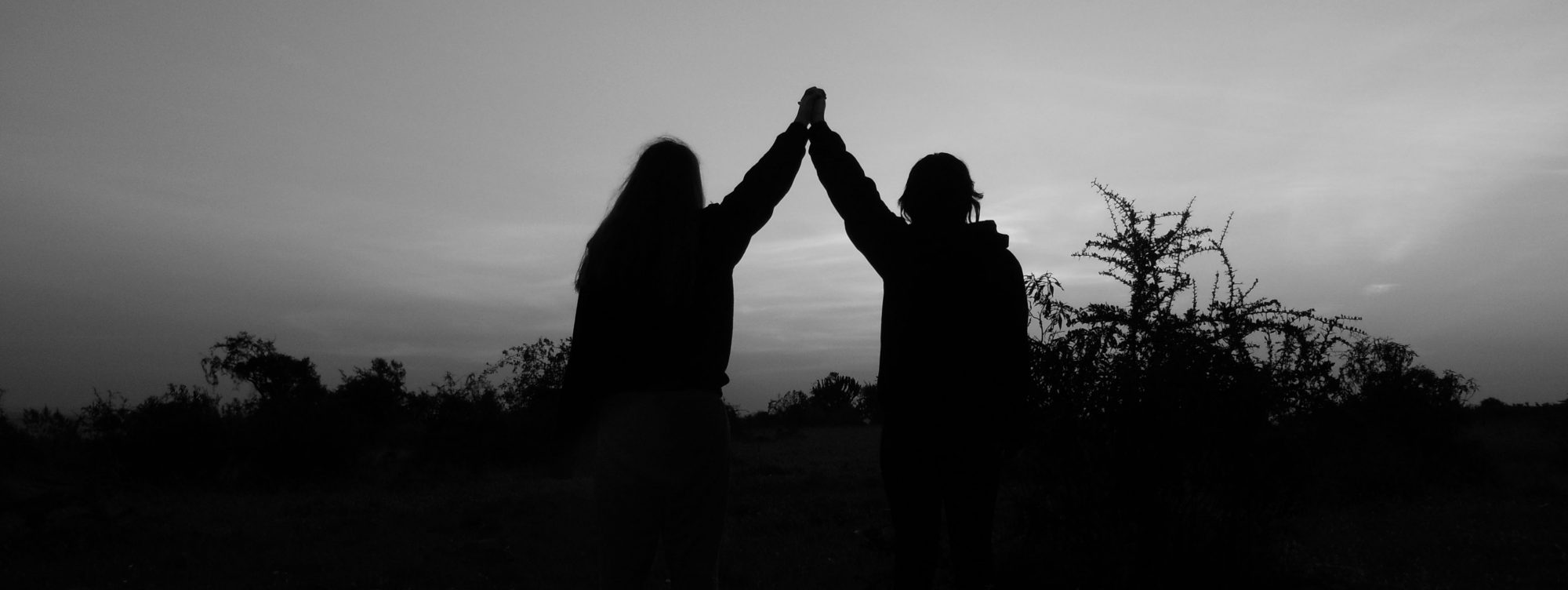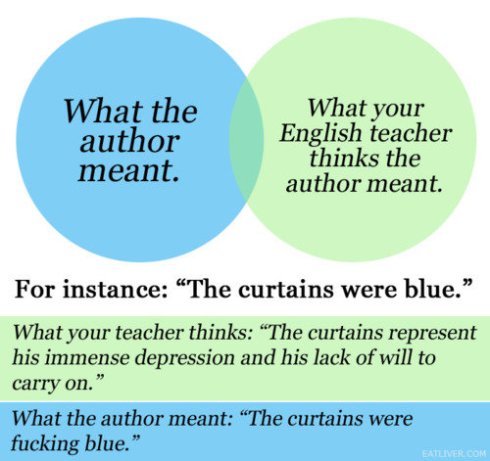Recently I took on the task of writing my first story. I mean it was no novel, but a 30 page short story is a huge step up from my usual short pieces that generally spin some emotion into 300 words or less. (Wait, you mean, I can’t complete this by sitting down for an hour while I’m inspired? And writer’s block can stop me for days?)
But through this process, I’ve learned a lot. Here are my lessons:
For starters, creating a full character sketch, backstory, setting and plot are every bit as important as your seemingly over enthusiastic English teachers make them sound. Who knew people that had studied something for 4 years in university would actually know what they’re talking about? Luckily I was smart enough to create the character sketches and a timeline that served as a plot before hand (It helped that the characters were real people and the timeline was a series of events pertaining to them). But who cares where and when the story takes place when the setting is entirely fictional, right? Uh, wrong. Lesson number one: CREATE A SETTING. This will help you avoid such issues as “Wait, does the term “sweatpants” make sense in this story? I feel like the setting is currently at least a century back in time. Can this girl even wear pants?” and “Oh wait… I guess movie theatres don’t exist yet either… Hmm. What about phones?”. I will never again question why a teacher cares to talk about elements of fiction again. Explain on, wise teachers!
While we’re on the topic of teachers, I’ll introduce lesson two: YES, SYMBOLS ARE IN FACT RELEVANT. If you’ve spent more time on the internet than you’d like to admit (signs of this may include having friends in some random part of the world that you talk to exclusively through a social media site. You probably like them more than your real friends), you’ve probably come across something like this:
It is also likely you agree that “The curtains were fucking blue”. I used to as well. I actually hated one of my English classes because all we really did was talk about symbolism. I now wish I could re-take that class (except that I really don’t want to go back to grade 10). As I mentioned earlier, the story I wrote was based on two real people. And if you’re one of them, or me, the story you are reading is entirely different from the story anyone else is reading. Why? Because almost every line has a double meaning. With 2 exceptions, each name means something. Every event in the story symbolizes a real event. I could go on listing things but it’s much faster to say that nearly everything is a symbol.
And finally lesson three: BEWARE OF REAL PEOPLE. I thought creating a story based on real people would be great. It felt like a puzzle turning real events into something that fit my story. Plus the essential story line was original, and half-made already. (Two things I’m bad at – names, and original ideas). I wouldn’t say I’d never write something real again. But we all know that for a story to be good, a character needs flaws (or “foibles” as I learned doing a crossword this week). There also has to be some sort of thing that happens to the the character, nobody wants a story that’s sunshine and rainbows from beginning to end. As it turns out, writing someone’s flaws and exposing their lowest points and times of weakness in a story can be very awkward. I definitely held back a little at times, and was very apprehensive to include any of these. While sharing the progress with the real life main character, there was a lot of “Let me know if you want me to change anything.” and other similar comments. What makes pieces of writing the best is often what makes it terrifying to share. The struggle. The second thing to bear in mind while writing real events, is how well you know the person. Are you able to capture their emotions accurately? Are they willing to see these emotions in words? How much creative license do you have? Luckily I had been given full creative license and was allowed to express emotion freely. It was more myself that became an issue, constantly worrying that I’d gone too far, or that I would misrepresent things. Although there were no issues with this story, I will most definitely consider these factors for the future.
I’ve had a lot of fun with this new adventure all in all. I learned stuff. And I broke away from my comfort zone of safe pieces that were short and representations of only my own thoughts. This story became a powerful escape from my most stressful times. I had somewhere fictional to live when I didn’t want to think about Plato and Aristotle, or how Pride and Prejudice and Something Borrowed could relate or contrast in a thesis. At times it would even become a way to bribe myself (“One more hour at work, and you can go home and write your story!” or “Finish this assignment by 9:30 so you can add another chapter to the story tonight!”).

